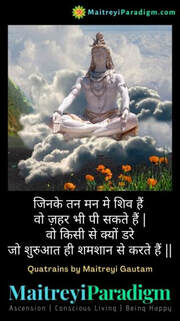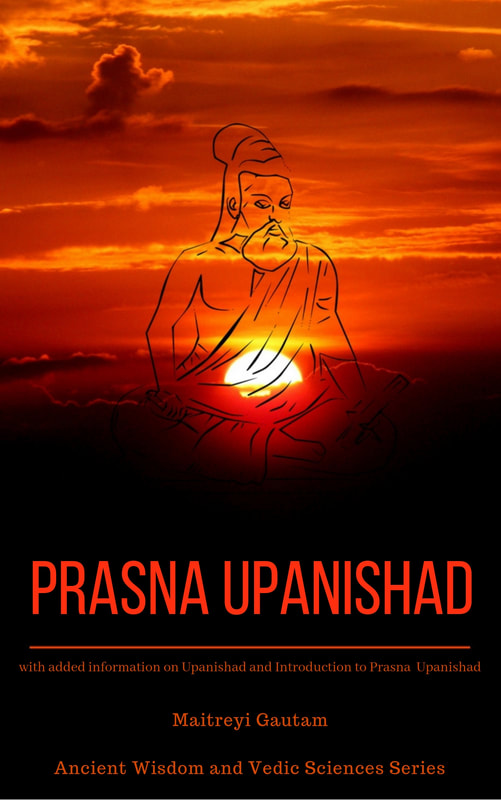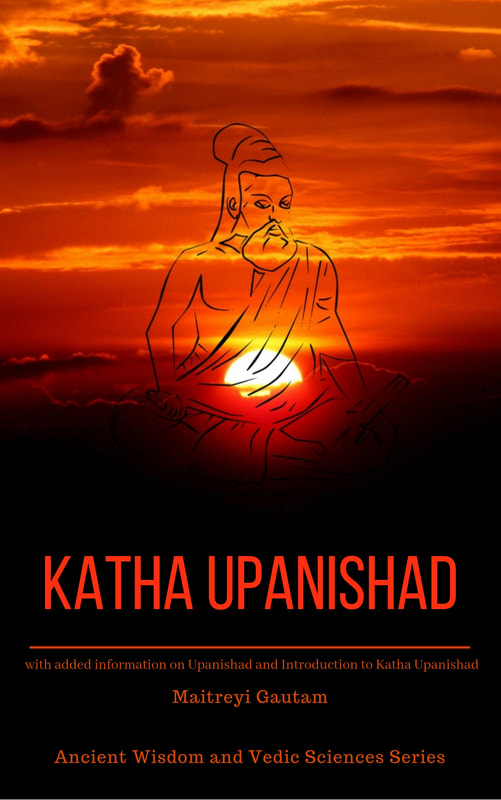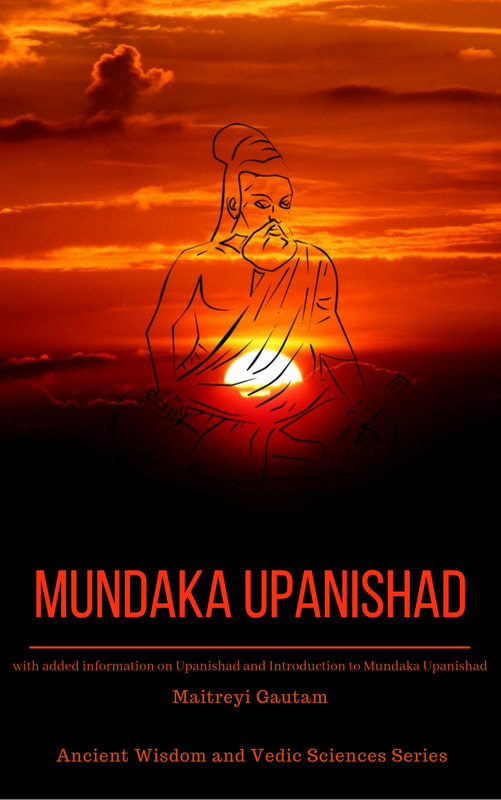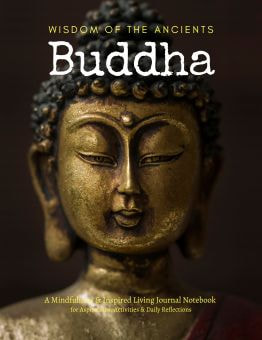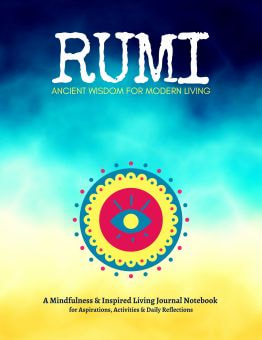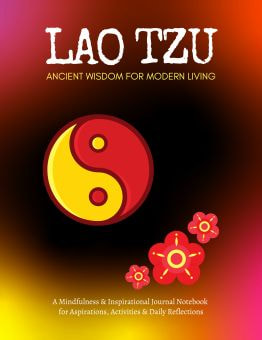 Katha Upanishad
Katha Upanishad The Katha Upanishad (Devanagari: कठ उपनिषद्) (Kaṭhopaniṣad, also Kāṭhaka) is one of the main, i.e. Primary Upanishads. It is grouped within the Sutra period of Vedic Sanskrit and is associated with the Cāraka-Kaṭha school of the Krishna Yajurveda (also called as the Black Yajurveda).
The Upanishad uses as its base the story of Vajashravasa (वाजश्रवसः) and the Legend of of Nakiketas. Vâgasravasa, who was wishing for reward had sacrificed all his wealth. He had a son, called Nakiketas.
Nakiketas asked his father: 'Father, to whom wilt thou give me?' He said so a second and third time.
The father turned round and said to him: 'To Death, I give thee.'
Then a voice said to the young son, as he stood up: “He (thy father) said, ‘Go away to the house of Death’, I give thee to Death.” Go therefore to Death when he is not at home, and dwell in his house for three nights without eating.
If he should ask thee, “Boy, how many nights hast thou been here?” say, 'Three.' When he asks thee, “What didst thou eat the first night?” say, “Thy offspring.”
“'What didst thou eat the second night?” say, “Thy cattle.”
“What didst thou eat the third night?” say, “Thy good works.”
Read more...
The Upanishad uses as its base the story of Vajashravasa (वाजश्रवसः) and the Legend of of Nakiketas. Vâgasravasa, who was wishing for reward had sacrificed all his wealth. He had a son, called Nakiketas.
Nakiketas asked his father: 'Father, to whom wilt thou give me?' He said so a second and third time.
The father turned round and said to him: 'To Death, I give thee.'
Then a voice said to the young son, as he stood up: “He (thy father) said, ‘Go away to the house of Death’, I give thee to Death.” Go therefore to Death when he is not at home, and dwell in his house for three nights without eating.
If he should ask thee, “Boy, how many nights hast thou been here?” say, 'Three.' When he asks thee, “What didst thou eat the first night?” say, “Thy offspring.”
“'What didst thou eat the second night?” say, “Thy cattle.”
“What didst thou eat the third night?” say, “Thy good works.”
Read more...



